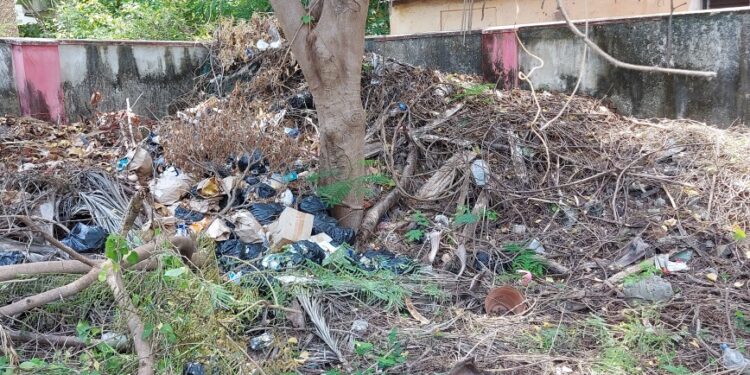The Greater Chennai Corporation (GCC), on July 3, has released comprehensive new guidelines for vacant land owners, aiming to combat the adverse impacts of neglected plots on the city’s aesthetics, environment, and public safety. These guidelines are based on the Tamil Nadu Urban Local Bodies (TNULB) Act 1998 and Rules 2023, along with the Solid Waste Management Rules 2016.
Vacant land owners are now mandated to regularly inspect and clean their properties, removing overgrown vegetation, waste accumulation, and stagnant water to prevent mosquito breeding. They must ensure proper waste management, preventing dumping and avoiding waste burning. Installing sturdy fencing to deter unauthorised access and promptly addressing drainage issues are also key requirements. Landowners are further instructed to share contact details with the GCC for effective coordination.
Non-compliance will trigger a warning notice, allowing 7 days for rectification. Failure to comply can result in penalties of up to ₹25,000, with an additional ₹500 per day for continuing violations. If unmanaged waste poses a public health risk, the Corporation will clear the land and recover costs, which will be added to the property tax bill under ‘Solid Waste Removal Charges’ (Up to 5 MT of waste will incur a ₹5,800 charge and up to 10 MT of waste: ₹11,600).
The GCC urges all vacant land owners to adhere to these guidelines to contribute to a cleaner, healthier, and safer Chennai.











